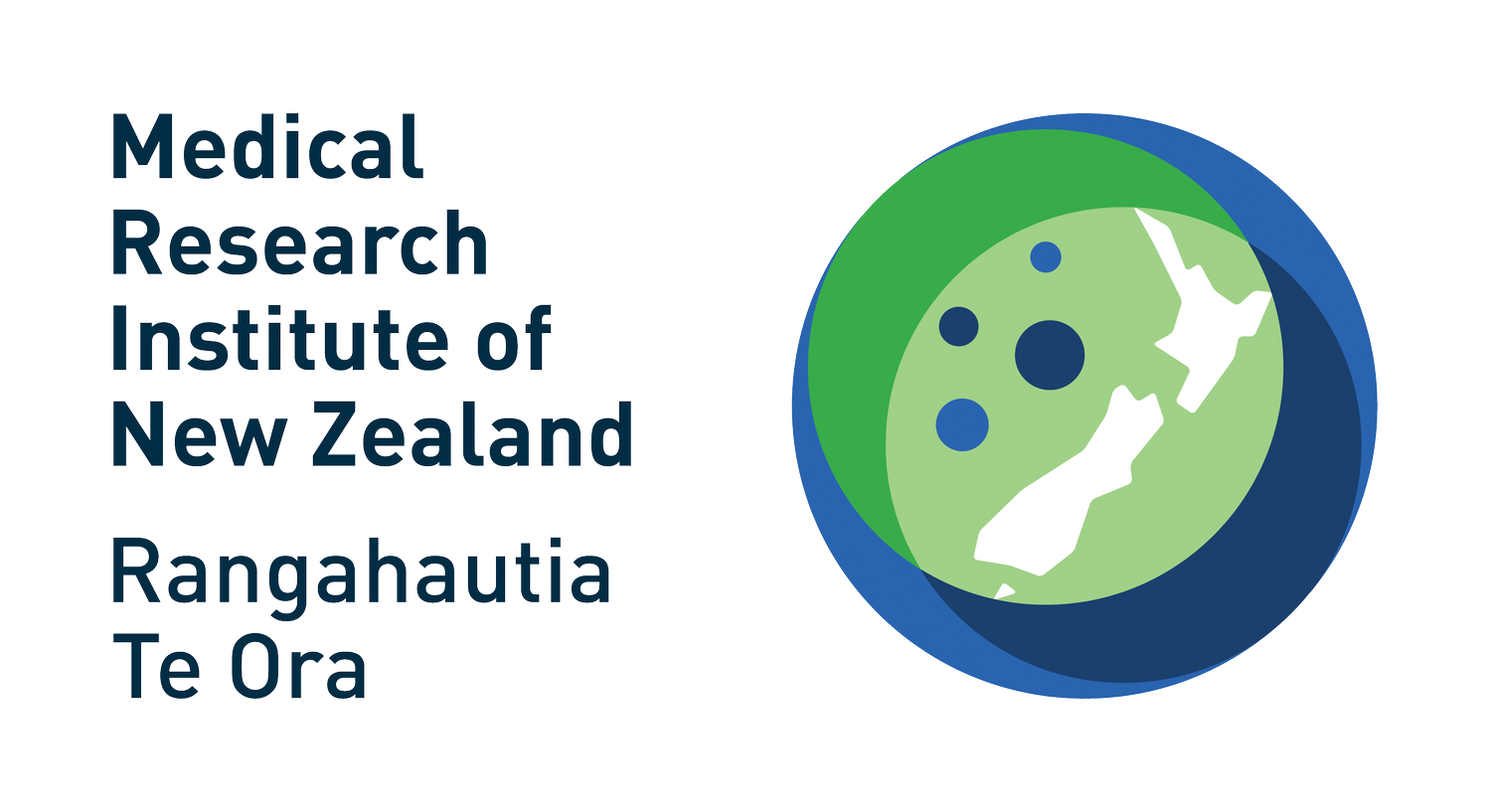Māori and Pacific Asthma Patients to Benefit from Ground-breaking Kiwi Research
New analysis from a ‘landmark’ New Zealand study which has radically changed the way doctors treat asthma worldwide shows a simplified inhaler treatment dramatically reduces severe asthma attacks among Māori and Pacific patients with mild asthma.
One in six (around 830,000) adult New Zealanders suffer from asthma – the world’s most common respiratory illness. However, incidence, illness and death from asthma are alarmingly 30-40% higher in Māori and Pacific patients.
“Poverty and inequity of access to treatment are core drivers of these unacceptably high rates of harm” says study co-author, GP and Māori health researcher Dr Matire Harwood (Ngāpuhi). “Cold, damp housing, reduced access to adequate medical treatment, higher smoking rates and institutional racism are all responsible, driving the vital importance of improved treatment outcomes for Māori and Pacific whanāu to reduce their suffering and save lives”.
A ground-breaking Medical Research Institute of New Zealand (MRINZ) study published in the prestigious Lancet medical journal last year showed that a combined 2 in 1 inhaler, used as needed without the need for regular preventive treatment, cut the risk of severe asthma attacks by about one-third in all Kiwi patients studied compared to regular preventive treatment together with a reliever inhaler. Now, a sub-analysis of that same research paper, published today in the New Zealand Medical Journal, has shown that the benefit of this single 2 in 1 inhaler treatment regimen for Māori and Pacific patients is at least as great as in European and other ethnicities. With asthma being more common and severe in Māori and Pacific peoples, the potential to reduce their asthma burden and illness in real terms is therefore significant.
The 2019 MRINZ trial involved 890 adults with mild asthma from 15 New Zealand sites, randomly assigned into one of two groups. Seventy-two participants (8%) identified as Māori and 36 participants (4%) as Pacific in ethnicity. One half were asked to use both the preventer inhaler budesonide (Pulmicort) twice daily as well as a separate terbutaline inhaler (Bricanyl) whenever they had symptoms; the other half were asked to adopt a simpler regime - just a single combined preventer-reliever inhaler containing both budesonide and formoterol (Symbicort) to use solely whenever they had symptoms. The most striking finding was that in the latter combined preventer-reliever group, the risk of severe asthma attacks was reduced by 31% compared to the former group using the two separate inhalers. Sub-analysis of those figures now shows that the benefit of this latter treatment regimen for Māori and Pacific patients was at least as great.
“This is a truly significant finding which will hopefully give health professionals the confidence to know that this simplified, combined single-inhaler treatment is the safest and most effective for Māori and Pacific asthma patients with mild asthma under their care” says Dr Harwood. “Not only will it decrease hospitalisation rates, but it will give Māori and Pacific patients reassurance that ‘taking a puff only when they need to’ is actually better for preventing asthma flare-ups. This simplified regime makes it easier for Māori and Pacific patients to take charge of their own hauora and support them to have tino rangitiritanga or self-determined wellbeing”.
The original 2019 MRINZ study has been lauded both here and internationally. The single combination 2 in 1 inhaler treatment recommendation for adolescents and adults with mild asthma was the major change made to the Asthma Respiratory Foundation NZ guidelines this year. It has also shaped and amended best-practice asthma treatment guidelines internationally.
“The great thing with the study was that all participants were New Zealanders, with an effort made to recruit Māori and Pacific patients, due to the fact their burden of asthma is greater” says MRINZ Director and 2019 study author Professor Richard Beasley. “This new sub-analysis of that study gives us greater confidence to recommend the 2 in 1 Symbicort inhaler as the optimal treatment for Māori and Pacific patients. In mild asthma it can be used simply as a reliever, and in moderate to severe asthma it can be used as both a regular maintenance and reliever inhaler”.
The Health Research Council of New Zealand (HRC) which fully-funded both studies, says the findings would not have been possible without significant recruitment of Māori and Pacific patients. HRC Chief Executive Professor Summy Collings says it's great to see that researchers took this into account from the outset.
“If these findings can simplify management of asthma and improve health outcomes for Māori and Pacific people living with asthma it would be a real step forward for these patients and their whānau” says Professor Collings. “Every step to reduce health inequities benefits everyone in Aotearoa New Zealand”.
“On a personal note I don’t want any more Māori and Pacific whānau dying from what can be an easily prevented and treated illness” says Dr Harwood. The results of this study will hopefully help reduce their asthma burden and save lives”.
Media coverage
TVNZ Te Karere interview with one of the studies authors, Dr Matire Harwood: https://www.youtube.com/watch?v=pEhniIYLn_4
Waatea News radio interview: https://www.waateanews.com/play_podcast?podlink=OTEyNDA=

